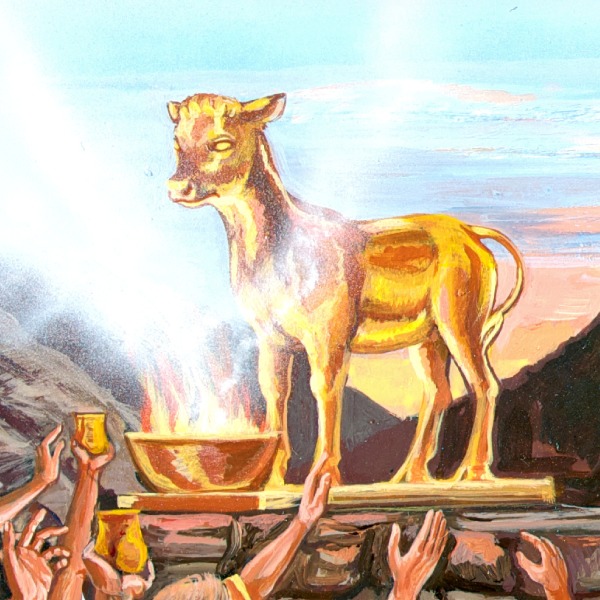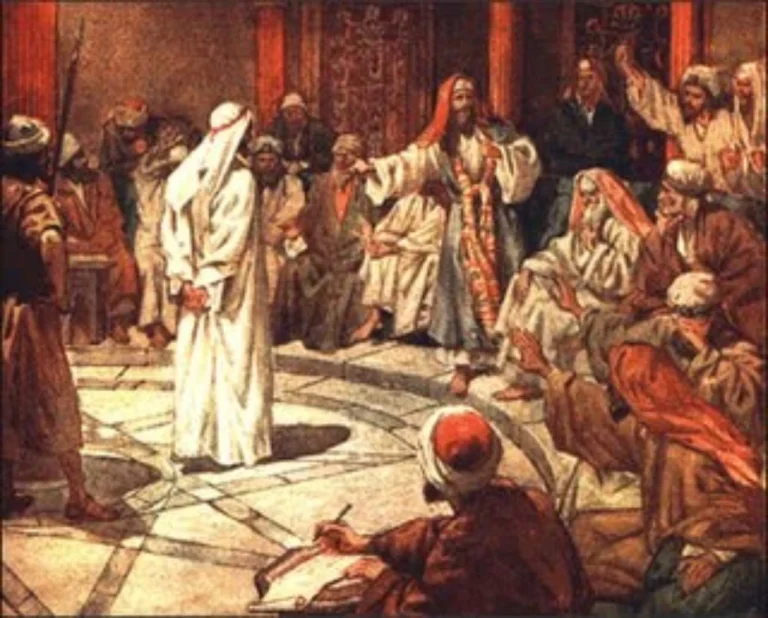When I had a television and was extremely bored, I’d sometimes turn to the plethora of liberal channels to see what talking points the repeaters were being told to make. At any hour, there always seemed to be a few professional liberals on TV, all saying pretty much the same things, often with the same words and always with the well-rehearsed outrage in which they specialized. As I read through Thiers’ The History of the French Revolution, some of it two or three times, I could easily picture today’s angry liberals as intellectual and spiritual heirs of the ever-enraged revolutionaries who used their political beliefs to justify slaughtering those with who disagreed with them.
It takes very little imagination to see an unbroken line of bitterness stretching from Bill Maher beyond Robespierre to Caligula. The same personalities that endlessly cried for “Justice!” in Paris are on TV today, loudly, incessantly, and rudely demanding “Fairness”.
It’s as easy to see the similarities between Marat and Ed Schultz, or between Danton and Keith Olbermann as it is to see how much alike Maher and Robespierre are. When personalities like Maher, Schultz, Olbermann, and others equally unhinged by anger get control of armed forces, we see from the French and Communist Revolutions that death is the result.
Throughout France’s Revolution, the same sort of angry, bitter people slaughtered a million Frenchmen, mostly simple farmers in the Vendee, because they persisted in believing that God was more important than revolutionary governments and were not afraid to say so, even as they died painful deaths. Many more millions of Ukrainian farmers were slaughtered by Communists for the same reasons. Victims of the left often die in agony at the hands of bitter people whose anger and bitterness stayed at the same levels we see with Maher, Schultz, Olbermann, and others who make a living by sharing their vast repositories of self-righteousness.
Why are they the way they are? Their souls were embittered early, by receiving too little love. They remain suffused with outrage because they have neither love in their hearts nor thoughts of God and His judgment in their minds.
P.S. When I had a TV, I’d sometimes see Arianna Huffington, a confused ambition moving relentlessly through life. Her counterpart in the French Revolution was Madams deStael. She had a leading salon in which France’s leading pseudo-intellectuals would pretend to be affecting governmental decisions more than they were. Of her it was said, in Moore’s Life of Byron, “. . . (she) was a good woman at heart, but spoiled by a wish to be, she knew not what.”








